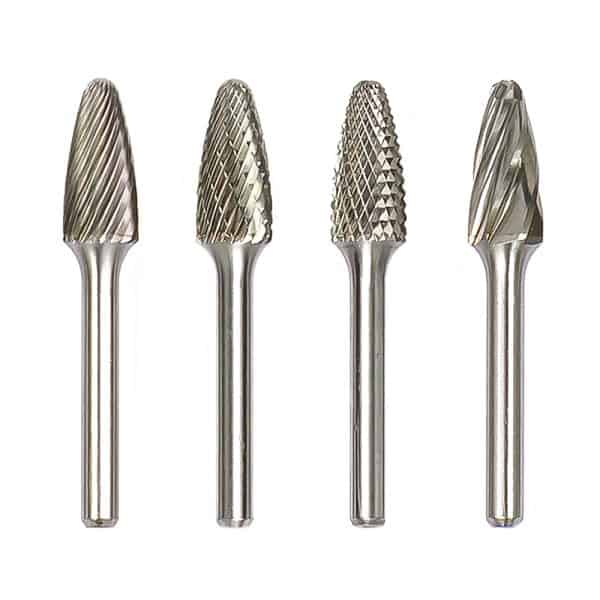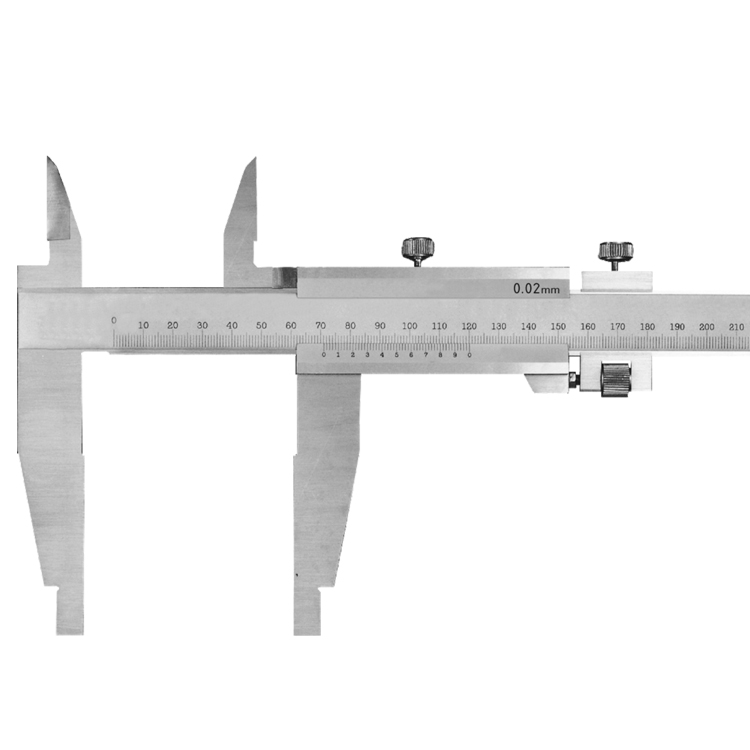tcmt insert Factories
TCMT inserts are essential cutting tools used in a wide range of machining operations. Finding reliable TCMT insert factories is crucial for ensuring high-quality results, consistent performance, and cost-effectiveness. This guide provides insights into selecting the right factory, understanding key specifications, and optimizing your sourcing strategy.
Understanding TCMT Inserts
What are TCMT Inserts?
TCMT inserts are indexable cutting tools typically used in turning operations. The 'T' refers to the shape (triangle), 'C' refers to the clearance angle, 'M' to the tolerance class and 'T' to the method of fixing (hole and countersink). They're made from various materials like cemented carbide, ceramic, and cermet, offering different levels of hardness, wear resistance, and heat resistance. The choice of material depends on the workpiece material and the specific machining application.
These inserts are characterized by their triangular shape with a 60-degree included angle, offering three cutting edges. This design allows for efficient material removal and precise finishing. When one cutting edge becomes worn or damaged, the insert can be easily indexed to a fresh edge, maximizing tool life and reducing downtime. The geometry and coating of TCMT inserts significantly impact cutting performance, chip control, and surface finish.
Types of TCMT Inserts
TCMT inserts are available in various sizes, grades, and geometries to suit different machining needs. Some common types include:
- General-Purpose Inserts: Suitable for a wide range of materials and applications.
- Finishing Inserts: Designed for achieving high surface finish.
- Roughing Inserts: Optimized for aggressive material removal.
- Inserts for Specific Materials: Tailored for machining specific materials like steel, stainless steel, cast iron, and aluminum.
Key Considerations When Choosing TCMT Insert Factories
Quality Control and Certifications
Ensure the factory has robust quality control processes in place. Look for certifications like ISO 9001, which indicates adherence to international quality management standards. Ask for material certificates and inspection reports to verify the quality and consistency of the inserts.
Manufacturing Capabilities and Technology
Assess the factory's manufacturing capabilities, including their equipment, production capacity, and technology. A modern and well-equipped factory is more likely to produce high-quality TCMT inserts with consistent dimensions and performance characteristics.
Material Selection and Expertise
The factory should have expertise in selecting the appropriate materials for different applications. They should be able to advise on the best grade of carbide, coating type, and geometry for your specific machining needs.
Customization Options
If you require custom TCMT inserts with specific dimensions, geometries, or coatings, ensure the factory offers customization options and has the capability to meet your unique requirements.
Pricing and Lead Times
Compare pricing and lead times from different factories to ensure you are getting a competitive price and that the delivery schedule meets your production requirements. Keep in mind that the lowest price does not always guarantee the best value. Consider the overall quality, reliability, and service offered by the factory.
Communication and Support
Effective communication and responsive customer support are essential for a successful partnership. The factory should be able to answer your questions promptly and provide technical assistance when needed. Consider a TCMT insert supplier that offers application engineering support.
Finding Reliable TCMT Insert Factories
Online Marketplaces and Directories
Online B2B marketplaces such as Alibaba, Made-in-China.com, and Global Sources list numerous TCMT insert factories. These platforms provide a convenient way to search for suppliers, compare prices, and request quotes. However, it's important to conduct thorough due diligence to verify the credibility and reputation of the factories.
Trade Shows and Exhibitions
Attending industry trade shows and exhibitions, such as EMO Hannover or IMTS Chicago, can provide an opportunity to meet TCMT insert factories in person, inspect their products, and discuss your specific requirements. This can be a more effective way to find reliable suppliers than relying solely on online sources.
Referrals and Recommendations
Ask for referrals and recommendations from colleagues, industry contacts, or other companies that use TCMT inserts. This can provide valuable insights into the reputation and performance of different factories. Companies like Wayleading Tools can also be a good source for referrals and information.
Example of Technical Specifications for a TCMT Insert
Below is a sample table showcasing common specifications for a TCMT insert. These specifications would be important to verify with any potential factory.
| Specification | Description | Example Value |
|---|---|---|
| Insert Shape | T - Triangular | T |
| Clearance Angle | C - 7 degrees | C |
| Tolerance Class | M - Standard tolerance | M |
| Fixing | T - Hole and Countersink | T |
| Cutting Edge Length | Length of the cutting edge | 11 mm |
| Insert Thickness | Thickness of the insert | 3.97 mm |
| Nose Radius | Radius of the insert tip | 0.4 mm, 0.8 mm, 1.2 mm |
| Grade | Material grade (e.g., carbide grade) | P25, K30 |
| Coating | Type of coating (e.g., TiN, TiAlN) | TiAlN |
Steps Before Making A Purchase
- Request Samples: Before committing to a large order, request samples of TCMT inserts for testing in your specific applications.
- Perform Cutting Tests: Conduct cutting tests with the samples to evaluate their performance, tool life, and chip control.
- Analyze Test Results: Analyze the test results to determine if the inserts meet your requirements.
Conclusion
Selecting the right TCMT insert factories is critical for achieving optimal machining performance and cost-effectiveness. By considering the factors discussed in this guide, you can make informed decisions and build long-term partnerships with reliable suppliers. Remember to prioritize quality, manufacturing capabilities, material expertise, and communication when evaluating potential factories.
Related products
Related products
Best selling products
Best selling products-
 Type F Ball Nose Tree Tungsten Carbide Rotary Burr
Type F Ball Nose Tree Tungsten Carbide Rotary Burr -
 Precision Dial Test Indicator Holder For Industrial
Precision Dial Test Indicator Holder For Industrial -
 Round Die Wrench For Thread Cutting Tools
Round Die Wrench For Thread Cutting Tools -
 Precision Dustproof Dial Caliper Of Double Shock-Proof For Industrial
Precision Dustproof Dial Caliper Of Double Shock-Proof For Industrial -
 Precision V Block And Clamps Set With Industry Type
Precision V Block And Clamps Set With Industry Type -
 Precision Monoblock Vernier Caliper With Nib Style & Standard Style Jaws Of Metric & Imperial For Industrial
Precision Monoblock Vernier Caliper With Nib Style & Standard Style Jaws Of Metric & Imperial For Industrial -
 Type M Cone Tungsten Carbide Rotary Burr
Type M Cone Tungsten Carbide Rotary Burr -
 High Precision BT-ER Collet Chuck – CNC Tool Holder, Spring Type, ER16–ER40
High Precision BT-ER Collet Chuck – CNC Tool Holder, Spring Type, ER16–ER40 -
 Precision Micrometr Holder For Micrometer
Precision Micrometr Holder For Micrometer -
 Inch ER Collets With Hight Precision Milling
Inch ER Collets With Hight Precision Milling -
 Parting & Grooving Tool Set With SLTB Blcok, NCIH Blades, GTN Inserts
Parting & Grooving Tool Set With SLTB Blcok, NCIH Blades, GTN Inserts -
 Precision Expanding Mandrel From 9/16″ to 3-3/4″
Precision Expanding Mandrel From 9/16″ to 3-3/4″
Related search
Related search- lathe holder
- Wholesale parting and grooving tool holder
- High-Quality APKT insert
- hex collet block
- MSBN turning tool holder Supplier
- depth caliper Factory
- High-Quality 90 degree indexable end mills
- 3pcs mini indexable end mills Manufacturers
- 5pcs/set long series center drills Suppliers
- Wholesale 5c collet fixture











